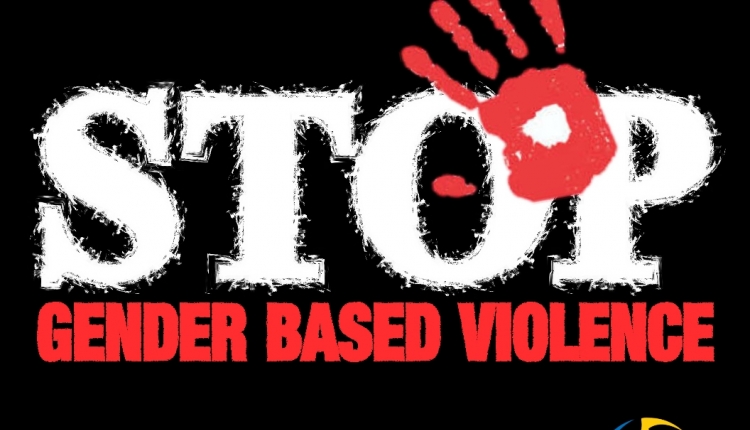- Gender-Based Violence (GBV) includes a host of harmful behaviors that are directed at women and girls because of their sex, including wife abuse, sexual assault, dowry-related murder, marital rape, selective malnourishment, forced prostitution and female genital mutilation. Thus, GBV and trauma is a major public health and human rights violation and is deeply rooted in many countries, including Nigeria.
- Cultural factors as well as legal, educational, economic and political factors are all considered the most challenging in eradicating GBV.
- The short term psychological reactions to GBV include shock, shame, guilt and anger, whereas long-term psychological devastating outcomes include depression, post-traumatic stress disorder, and suicidal ideation.
- Surprisingly, legislators in Nigeria have failed to adopt the Convention on Elimination of All Discrimination Against Women (CEDAW).
- Adoption of these international recommendations will provide women a platform for their rights and it is first imperative that all gender-discriminatory laws be immediately abrogated by the Nigerian Law Reform Commission.
- The Federal Ministry of Women’s Affairs and other stakeholders need to embark on strategies that will facilitate the political, economic and educational empowerment of women. They can be aided by effective awareness-raising programmes, especially at the grassroots level, where religious and traditional community leaders use their platforms to condemn violence against women.
- Nigerian media and social media outlets should ensure cases get enough media coverage to encourage dialogue and promote punishment as a determent.
- There is also an urgent need to make the Nigerian Police Force more gender sensitive by becoming more accessible to women.

